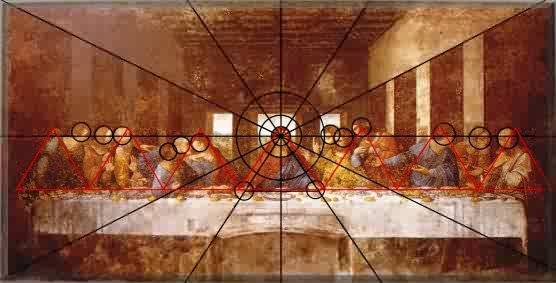Where is my dissection, betch?
These things do not come to me easily! I planned on doing senza next, but since you've so politely inquired, largely ripped from your blog:
momental said:
I have come to realize that Psychology does not have the boundaries I need. To think that the answer to a question is so polar, that one action has two completely opposite origins is too frustrating.
I do realize that you may not always have the correct origin in diagnosing a patient physically, but once you have the mass etc. you can trust in that proof.
Charles Darwin comes to mind. I wonder of your alignment towards politics, and the act of politicking in general...
momental said:
I do believe though that my opinions on most matters are irrelevant and as such my character does not come out. If you were to look at the blog previous to this one you would find all my angst piled into thousands of posts.
I am not sure if I have it in me to explain myself anymore as I don't think it is as important. This place is my grounds to spar. I do wish to let everyone know I appreciate their thoughts on the subjects of this forum.
More self-perception of Te? Prior, a mention of brute strength being your 'finesse' was made, an attribute Jung fairly equates to the function...
And I see you have once made an affirmation of your enneagram six-ness, on top of senza's abnormally keen judge of perception. I do believe it is a type reserved for Si/Ni users, moreso the latter - though of course, not explicitly.
momental said:
This urge to be right needs to be removed and replaced with the desire (and has been) to be competent.
I was entirely to confined and completely absurd to limit myself to being "right".
This shift is quintessential in my growth and the growth of us as a human race.
I wish to become necessary.
Perhaps indicative of Te/Ni-Ni/Te, as opposed to explicitly Te, particularly the desire to be necessary... if you've been keeping up with my thoughts on Ni, I very much believe it to be a 'martyr' function, to project with fair frequency an ego-centric position, constantly working to some form of a personalized end goal. Think Che Guevara, if you've ever read anything of his.
There's also some Se in there. Maybe I will revisit the subject, mind is fried.
As far as interpersonal interactions go, I really do have very limited experience with you. This quote was the first to come to mind when you asked to be assessed, qualities Jung attributes to both Si and Ni:
"The two types just depicted are almost inaccessible to external judgment. Because they are introverted and have in consequence a somewhat meagre capacity or willingness for expression, they offer but a frail handle for a telling criticism."
Also, I can't find the specific quote, but take this, regarding Ni:
"Therewith he also deprives himself of any influence upon it, because he remains unintelligible. His language is not that which is commonly spoken -- it becomes too subjective. His argument lacks convincing reason. He can only confess or pronounce. His is the 'voice of one crying in the wilderness'."
I can think of several users of Ni around the site that this may apply to. I don't wholly think it's you. I think you are much more aligned with the rational dominance of a Te user, but I may likely err you to the side of Ni over Si - your blog, the expressions in general - have dabs of that intangible characteristic introverted intuition is known for expressing.
I wonder of your notions on spirituality, particularly as an (I'm presuming) atheist...
Again, all of this is kind of me extrapolating information willy-nilly at whatever I can find. I truly do not 'know' you in any form, and particularly for myself, I rarely feel I 'know' anything...


 Actually I think there's an ISTP gambler who seems like a cold and calculating INFJ in Dangan Ronpa (I just finished reading the translation of it a few weeks ago so I love referencing it whenever I can).
Actually I think there's an ISTP gambler who seems like a cold and calculating INFJ in Dangan Ronpa (I just finished reading the translation of it a few weeks ago so I love referencing it whenever I can).
